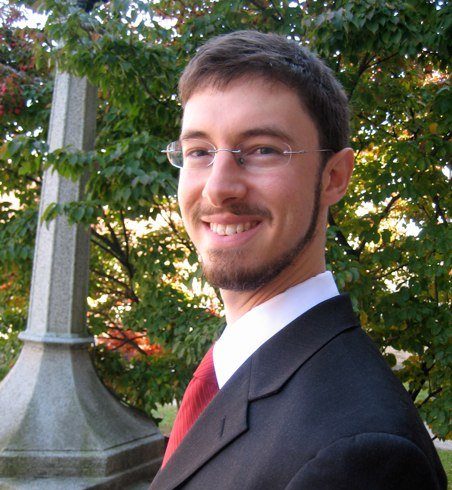The image of God—tzelem Elohim—is often front and center in animating Jewish human rights work. The recent release of the movie Exodus: Gods and Kings (which, admittedly, I have not seen) gave me pause to contemplate the tzelem’s counterpart—the voice of God.
Director Ridley Scott is taking some flak for casting 11-year-old Isaac Andrews as God, a decision he explains as stemming from his desire not to be cliché and from the idea of a shepherd boy.
This stands in sharp contrast to Darren Aronofsky’s decision, in his film Noah, not to portray God at all. Noah must deduce from signs and dreams what God wants him to do, with dramatic and frightening consequences.
The directors of 1998’s Prince of Egypt took yet another approach. At first, they tried a choral voice, composed of all the film’s actors, with different voices coming to the fore in different moments. “It crossed the line theologically and so we had to abandon that idea,” says film editor Nick Fletcher. (Too bad—this rabbi thinks that would have been theologically spot-on). They ultimately chose to have Val Kilmer voice both God and Moses, as if to imply that Moses heard God speaking to him in Moses’ own voice—perhaps following the midrash to that effect in the Talmud, Brachot 45a. This was also the case in The Ten Commandments, when Charlton Heston played both prophet and God (though no on-screen credit was given for the latter).
Perhaps most famously, several parshiyot from now, there is the midrash that when God spoke the Ten Commandments, “All at Mount Sinai, young and old, women, children and infants, heard the voice of God according to their ability to understand” (Shemot Rabbah 5:9).
How and where do we hear the voice of God in today’s world of social justice? Is it the voice of Martin Luther King, Jr., and his successors, speaking out in ringing tones from monuments and balconies before an audience of thousands? The voice of the policy wonk who knows the precise policy interventions to propose, or of the back-room politician knowing whose back to scratch in order to move reform forward?
God speaks in all of these ways and more, but the most important lesson I have learned in my year and a half at T’ruah is to hear the voice of those most affected by a given human rights issue. In our work fighting human trafficking, we take our cues from the Coalition of Immokalee Workers, the tomato farmworkers who have transformed an industry. When we advocate for the rights of Bedouins—Israeli citizens—not to be forcibly removed from their homes, we listen first to what they want, the lives they want to lead. On the police violence front, we follow the leadership of the young black organizers who emerged from Ferguson, Missouri. When we as rabbis speak out, bringing the power of Jewish tradition and the privilege of our station to bear on these issues, we seek to amplify the divine echoes we hear in our compatriots’ words.
I’m grateful to my father, Rabbi David Nelson, for suggesting a final interpretive twist. Psalm 150 ends with this line: Halleluhu be-tziltzelei shama, Halleluhu be-tziltzelei t’ruah. Translating loosely, we learn that before we can do the work of t’ruah, of sounding a call for human rights, we must first do the quieter work of shema, of listening to the voices of those whose rights are being trampled. As we begin 2015 and the book of Shemot, may we recommit to listening for the voice of God in all the myriad places we may find it.
Rabbi Lev Meirowitz Nelson is Director of Education at T’ruah. He edits Torah from T’ruah and enjoys contributing from time to time. Lev, his wife Eliana, and their son Barzilai live in Brooklyn.

